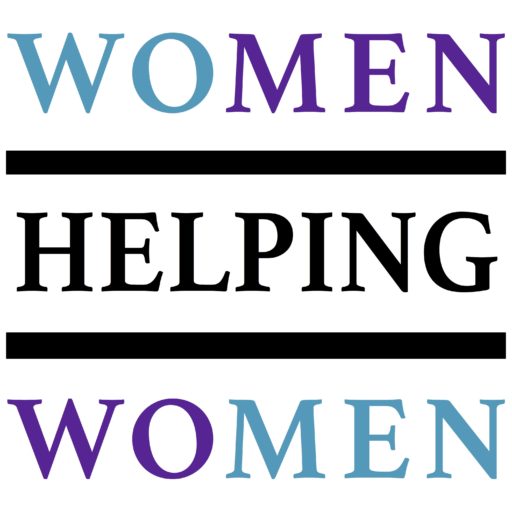To our friends and supporters,
Women Helping Women is a social justice agency. By that fact—as an anti-violence agency we know and we come to the calling of service that violence anywhere is vile and unacceptable. Violence dehumanizes. Violence abuses. Violence causes generations of trauma. Violence kills. So does silence.
So we will keep speaking up. Our history, our values, and our current reality demand that we speak up.
We speak up because our movement was started by women of color. We speak up because we serve nearly 8,700 survivors and the vast majority of survivors that we serve are African American. We speak up because honoring our movement and driving our mission means calling out the inequities, the disparities, and the absolute violence that people of color have and continue to experience. We are an agency that believes in — and more importantly— acts on serving ALL survivors and has specific focuses on marginalized survivors—and we must speak up.
So we do what we have always done—as an agency, as board members, as staff, as volunteers. We lead with clear eyes and open hearts to lean in and keep striving for the “Beloved Community” that Dr. MLK Jr. referenced so often in his speeches. We call out that names of the pioneers of brave black and brown women who fought and spoke out against white supremacy as they too, experienced violence and sexual assault. We call out Harriet Jacobs, Harriet Simril, Recy Taylor, Betty Jean Owens, Fannie Lou Hamer, Anita Hill and Tarana Burke. In 1861, Harriet Jacobs appealed to Northern white women to believe her when, in her autobiography, “Incidents in the Life of a Slave Girl,” she recounted the sexual violence that she experienced at the hands of the man that owned her. And, at the 1964 Democratic National Convention, Fannie Lou Hamer, a civil-rights activist and sharecropper from Ruleville, Mississippi, described the sexual violence that she endured after her arrest for sitting in the whites-only section of the lunch counter at a bus station in Winona, Mississippi. And powerfully again, when Tarana Burke pioneered the MeToo movement which created a safe space for girls and women of color to disclose sexual violence. Strong, determined women. We call out their names and lift them up with gratitude and honor of their struggle with violence and white supremacy.
With sadness and horror, we also say the names of so many others whose lives have been taken by vile actions of violence and by systems that do not call into action the words of “Justice” or “Love” or “Beloved Community.” The list is too long. The list is centuries old. The list of just the past 30 days is heartbreaking enough. The names of George Floyd, Breonna Taylor, Ahmaud Arbery, Tamir Rice, Trayvon Martin, Oscar Grant, Eric Garner, Philando Castile, Samuel Dubose, Sandra Bland, Walter Scott, Terrence Crutcher. The names of so many that are not filmed, documented, reported. The names of black and brown sisters, brothers, sons, daughters, mothers, fathers, aunts, uncles, best friends, co-workers, leaders. The names of members of our “Beloved Community.”
Violence of any kind is an aberration to humanity everywhere. At Women Helping Women we cannot keep silent in our advocacy for any, all, every survivor. We cannot keep silent in our push for violence prevention. We cannot keep silent on white supremacy and violence against black and brown people—men, women and youth in our nation. There are no silos of response to violence. There are no silos on the continued hard work of building the “Beloved Community.” Whether an agency or as individual, there is no pause of creating inclusive and real structural and systemic safety for all who walk, drive, run, work, play, or even sleep in their own beds.
It is not on any black or brown person to end racism. It is instead the work of white people to do the work of dismantling these systems and challenging these norms and remembering this history. It is the responsibility of us who have benefitted, intentionally or not, knowingly or not, from the oppression of our black and brown neighbors, to accept the reality of the depth of trauma that has been wrought, acknowledge how we may have played a part in that pain, and build a newer, different, more equitable world.
To all of our community and specifically to the all of the black and brown clients we serve and the black and brown staff, volunteers, board members and supporters—hurt, pain, anger cannot be measured or adequately addressed in a statement. Love and Justice are actions. And WHW will continue to fight for the creation and realization of a community where all are seen, heard, valued, believed, safe, well, and thriving. Where love and justice intersect.
For more information on how you can take action, please explore these resources.
With gratitude,
Kristin Shrimplin
President & CEO of Women Helping Women
